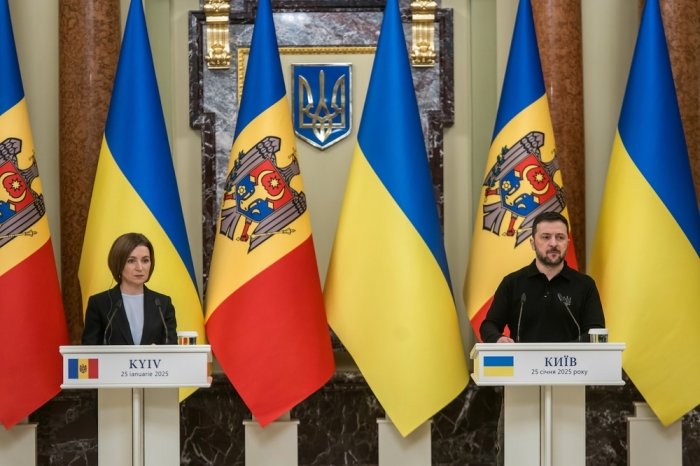Crisis in the Eurozone: Challenges and Opportunities for the European South

European integration is the result of a series of policy initiatives with strong voluntaristic features. By far the most important of those initiatives was the adoption of the euro as a common currency for the 17 countries-members of the euro zone. The European edifice was designed for normal conditions and not for crisis situations. The budgetary and financial crisis of the recent years led necessarily to the adoption of an extraordinary system of economic governance of the euro area with entirely intergovernmental- and not community- features.
The basic institutional principles that govern the functions of the European Union do not apply to crisis management suggests Evangelos Venizelos, President of the Pan-Hellenic Socialist Movement (PASOK), one of the three parties that form the current Greek government. There is neither institutional equality of Member States, nor a strengthened role of the European Parliament. The role of the strong and fiscally "virtuous" countries that belong to the core the Eurozone is crucial. Member States that are in need of financial support are losing not only their monetary, but also their budgetary and fiscal sovereignty.
While the countries in crisis are predominantly in the European South, Evangelos Venizelos argues that the notion of the European South is a political and not a geographic concept. That notion refers to political forces that realize the need for a different economic policy – one of fiscal consolidation, but friendly towards growth and employment, while preserving the cultural, institutional and historical characteristics of Europe.
Evangelos Venizelos is the president of the co-governing Pan-Hellenic Socialist Movement (PASOK), and a professor of constitutional law at the Aristotle University in Thessaloniki. The discussion will be moderated by Christian Ostermann, director of the Global Europe Program.
Evangelos Venizelos is the president of the Pan-Hellenic Socialist Movement (PASOK), one of the three political parties in the current Greek government. A former Minister of Finance and Deputy Prime Minister during Greece’s most critical year (2011-2012), Venizelos is the man who successfully handled the biggest and smoothest debt haircut (PSI) in the history of world economics that reduced Greece’s debt by more than 100 billion euro. He is also the man who helped shape the current Fiscal Adjustment Program followed by Greece.
Venizelos boasts an extensive political, as well as academic career. He was elected president of PASOK in 2012. Prior to his appointment, he was a Deputy Prime Minister and a Minister of Finance (2011-2012) and a Minister of Defense (2009-2011). He also served as Minister of Culture & Sports (2000-2004), and was in charge of coordinating the preparation for the Athens 2004 Olympic Games.
In the past twenty years, Venizelos has held a number of government posts, including Minister of Development, Minister of Justice, Minister of Transportation and Communications, as well as Minister for Press and the Media.
As an academic with post graduate studies in France, Venizelos is currently a professor of constitutional law and has taught at the Aristotle University of Thessaloniki. He is the author of a number of books, academic studies, and legal textbooks on a vast range of topics such as: the role of mass media in modern democracies, the role of government institutions, European affairs, Greek foreign policy, culture, and development aid policy in the 21st century. His research studies have been published in academic journals and have appeared in Greek and international press.
Speaker
Hosted By

Global Europe Program
The Global Europe Program is focused on Europe’s capabilities, and how it engages on critical global issues. We investigate European approaches to critical global issues. We examine Europe’s relations with Russia and Eurasia, China and the Indo-Pacific, the Middle East and Africa. Our initiatives include “Ukraine in Europe”—an examination of what it will take to make Ukraine’s European future a reality. But we also examine the role of NATO, the European Union and the OSCE, Europe’s energy security, transatlantic trade disputes, and challenges to democracy. The Global Europe Program’s staff, scholars-in-residence, and Global Fellows participate in seminars, policy study groups, and international conferences to provide analytical recommendations to policy makers and the media. Read more


